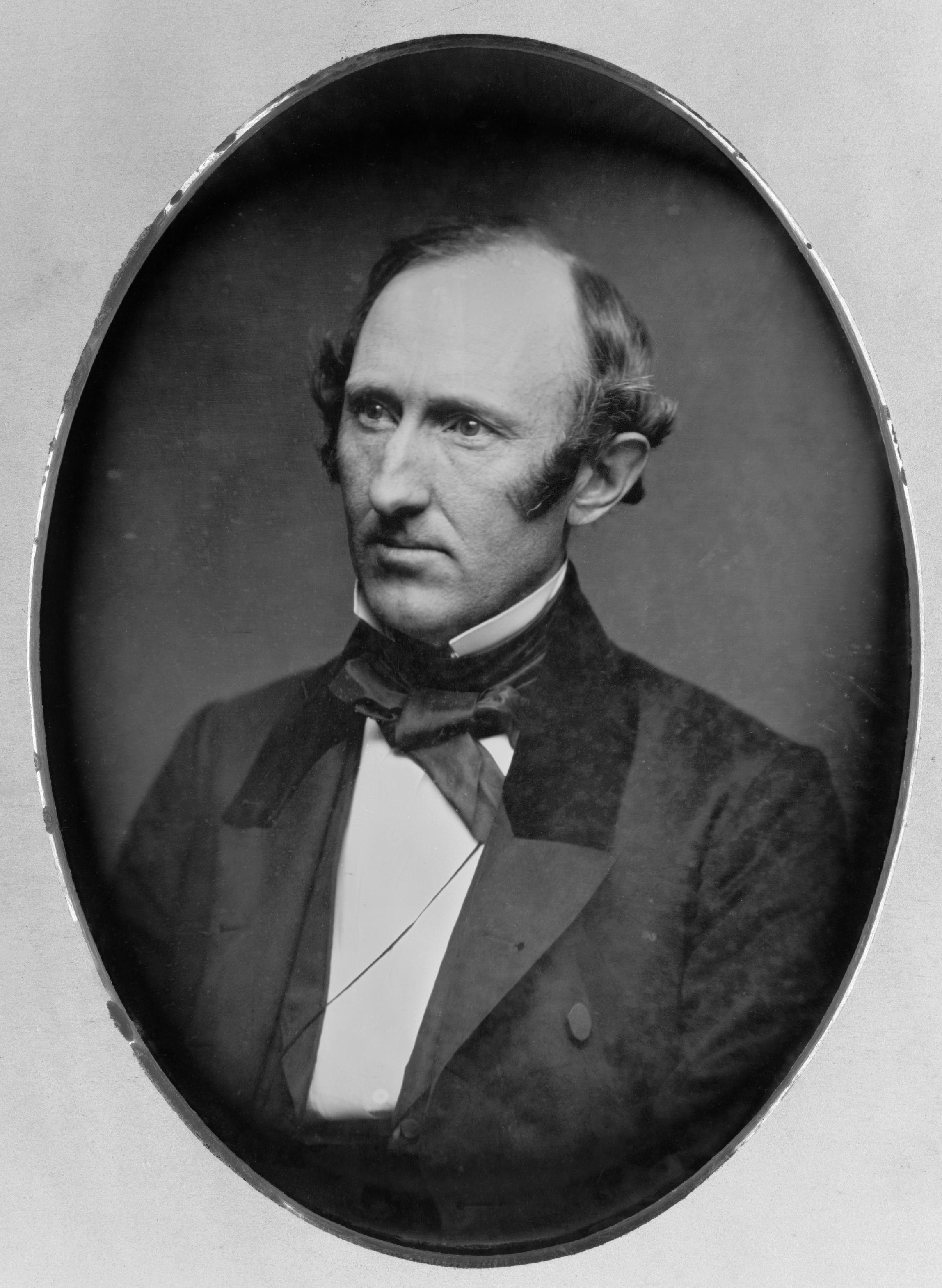Wendell Phillips citáty a výroky
Wendell Phillips: Citáty v angličtine
Oration delivered at Daniel O'Connell celebration, Boston (6 August 1870), published in Wendell Phillips: The Agitator (1890) by William Carlos Martyn, p. 563
1870s
Anti-Slavery Speech (January 1852) http://books.google.com/books?id=SCpVAAAAYAAJ&pg=PA22 Published in The Works of Wendell Phillips, Street & Smith (1902), p. 22-23
1850s
Speech before the Massachusetts Antislavery Society (28 January 1852), published in Speeches, Letters and Lectures by Wendell Phillips https://archive.org/details/speecheslectures7056phil (1884), p. 36<!-- Boston: Lee and Shepard; New York: C. T. Dillingham -->
1850s
“Eternal vigilance is the price of liberty — power is ever stealing from the many to the few….”
Speech in Boston, Massachusetts (28 January 1852), Speeches Before the Massachusetts Anti-Slavery Society (1853), p. 13. The memorable and oft-quoted phrase, "eternal vigilance is the price of liberty," was not in quotation marks in the printed edition of this speech. The Home Book of Quotations, ed. Burton Stevenson, 9th ed., p. 1106 (1964), notes that "It has been said that Mr. Phillips was quoting Thomas Jefferson, but in a letter dated 14 April, 1879, Mr. Phillips wrote: '"Eternal vigilance is the price of liberty" has been attributed to Jefferson, but no one has yet found it in his works or elsewhere.' It has also been attributed to Patrick Henry."
1850s
Kontext: Eternal vigilance is the price of liberty — power is ever stealing from the many to the few…. The hand entrusted with power becomes … the necessary enemy of the people. Only by continual oversight can the democrat in office be prevented from hardening into a despot: only by unintermitted Agitation can a people be kept sufficiently awake to principle not to let liberty be smothered in material prosperity.
“Difference of religion breeds more quarrels than difference of politics.”
Speech (7 November 1860).
1860s
“The best use of laws is to teach men to trample bad laws under their feet.”
Speech at the Melodeon, on the first anniversary of the rendition of Thomas Sims (12 April 12 1852), published in Speeches, Letters and Lectures by Wendell Phillips https://archive.org/details/speecheslectures7056phil (1884), p. 91.
1850s
Fraternity lecture delivered in Boston (4 October 1859), published in Speeches, Letters and Lectures by Wendell Phillips (1884), p. 245
1850s
“In God's world there are no majorities, no minorities; one, on God's side, is a majority.”
1850s, Lecture at Brooklyn (1859)
“Revolutions never go backward.”
Address delivered before the Twenty-Eighth Congregational Society in Music Hall, Boston, February 17, 1861, published in Speeches, Letters and Lectures by Wendell Phillips https://archive.org/details/speecheslectures7056phil (1884), p. 380.
1860s
Lecture: The Lost Arts, reported in Bartlett's Familiar Quotations, 10th ed. (1919)
“What the Puritans gave the world was not thought, but action.”
Speech at the dinner of the Pilgrim Society (21 December 1855), published in Speeches, Letters and Lectures by Wendell Phillips https://archive.org/details/speecheslectures7056phil (1884), p. 229
1850s
No record of this specific remark exists prior to its use by a George W. Phillips, in an address to the fifth annual convention of the National Association of Life Underwriters (June 1894), reported in The Chronicle: A Weekly Journal, Devoted to the Interests of Insurance Vol. LIII (1894), p. 336 https://books.google.com/books?id=xoAoAAAAYAAJ&pg=PA335&dq=%22What+is+defeat?+Nothing+but+education.+Nothing+but+the+first+step+to+something+better.%22&hl=en&sa=X&ved=0ahUKEwiFiMan5KveAhWl6YMKHYV6C44Q6AEIdTAO#v=onepage&q=%22What%20is%20defeat%3F%20Nothing%20but%20education.%20Nothing%20but%20the%20first%20step%20to%20something%20better.%22&f=false
Misattributed
As quoted in the American Federation of Labor Bulletin, Vol. 8, Issues 11-18 (1926), p. 69
“Sit not, like the figure on our silver coin, looking ever backward.”
1880s, The Scholar in a Republic (1881)
“Whether in chains or in laurels, Liberty knows nothing but victories.”
1850s, Lecture at Brooklyn (1859)
